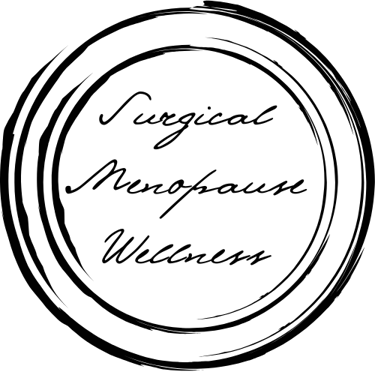You Are Not a Burden: Reclaiming Your Voice as a Patient
Self-advocacy is not an act of rebellion — it’s an act of wisdom. Especially when you’re a patient. Last week I went in for my annual MRI. I’ve done this many times before, and I know my body. My veins are small, and getting contrast is always a challenge. So I told the nurse, kindly and clearly, that I’d need the ultrasound machine to gain access — a request I’ve made many times before. But instead of honoring that, she tried to convince me I didn’t need it. So to the women, the patients, the survivors who’ve ever felt pressure to stay small or silent in medical settings: You don’t need permission to protect your peace — or your body.
8/1/20253 min read


You Are Not a Burden: Reclaiming Your Voice as a Patient
Last week, I went in for my annual MRI — a routine appointment that never quite feels routine. As I walked through those hospital doors, I was hit with something I hadn’t fully named before.
Even after twenty years, I still feel the weight of returning to a place where, once upon a time, my life changed forever. As a patient, you don’t just walk into a hospital — you walk back into the trauma, the vulnerability, the memories that never completely leave your body.
And while I have deep respect for the people who show up to work in hospitals every day — I truly do — I need to speak to the women out there who have been through what I’ve been through:
You are not a burden.
You have the right to speak up.
You have the right to ask questions.
You have the right to say what you need — even if it feels inconvenient, uncomfortable, or disruptive.
Because it’s your body.
It’s your experience.
And no one else lives in your skin.
Let me give you an example.
I have very small veins, which always causes a challenge when it’s time for contrast during an MRI. I know my body. I’ve been through this enough times to understand what works and what doesn’t. So I told the nurse, clearly and kindly, that I would need the ultrasound machine for access.
But instead of honoring my request, she tried to talk me out of it. Three times.
She told me the only person trained to use the machine wasn’t available.
She said it would be easier and faster if she could just try the back of my hand — the exact place I had already explained I didn’t want used.
It was subtle, but the message was clear:
Make it easier for me, even if it’s harder on you.
And for a moment, I almost gave in. I almost convinced myself that it would be fine — even though I knew it wouldn’t be.
But I didn’t.
I pushed back. I insisted.
And guess what? The person she claimed wasn’t available?
She was standing in the hallway, completely free.
I was so glad I trusted myself. I was so relieved I didn’t shrink myself down for someone else’s convenience.
Because how many times do we do that as women?
As patients?
As survivors?
We’re taught to be agreeable. Accommodating. Easy.
But that mindset has a cost — and for some of us, it’s a high one.
That experience reminded me just how easy it is — even for someone like me, who teaches self-advocacy — to question our own authority over our bodies. Especially in medical settings, where we’re often seen as passive recipients of care instead of partners in the process.
So here’s what I want every woman reading this to know:
You are allowed to ask for what you need.
Even if it slows things down. Even if someone seems annoyed. Even if it feels awkward.
Your body wisdom matters.
If something hasn’t worked in the past, you get to say so. You don’t need permission to honor your own experience.
You belong in the conversation.
Medical professionals are experts in their field. But you are the expert of you.
Let’s stop pretending we have to choose between being respectful and being honest. We can be both. And the best providers will welcome your clarity — because it helps them care for you better.
To my fellow survivors, surgical menopause sisters, and anyone navigating a healthcare system that doesn’t always make space for nuance:
You’re not difficult. You’re not dramatic. You’re not a burden.
You are worthy of care.
You are worthy of being heard.
And your voice matters — especially in the moments when it’s hardest to speak.
Want to Take This Further?
I’m working on tools to help women in surgical menopause learn how to speak up, set boundaries, and advocate for their wellness — in healthcare settings and in life.
If this message resonates, I invite you to connect with me at Surgical Menopause Wellness or leave an email comment. Let’s keep the conversation going.
Surgical Menopause Wellness
Empowering women through surgical menopause resources and wellness practices.
Disclaimer
The information provided on this website is for informational and educational purposes only and is not intended as a substitute for professional medical advice, diagnosis, or treatment. This content should not be used to diagnose, treat, cure, or prevent any health condition or disease. Always consult with a qualified healthcare provider before making any changes to your health regimen, starting new treatments, or if you have questions regarding a medical condition. Reliance on any information provided by this website is solely at your own risk.
© 2024. All rights reserved.
